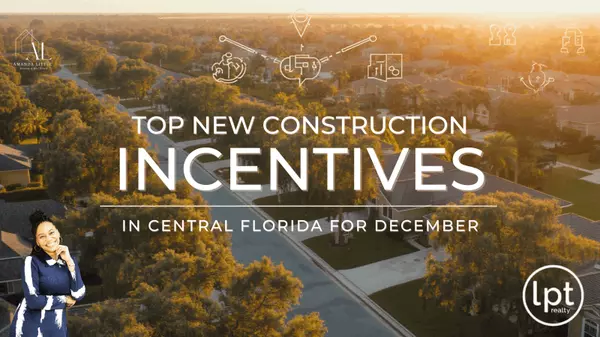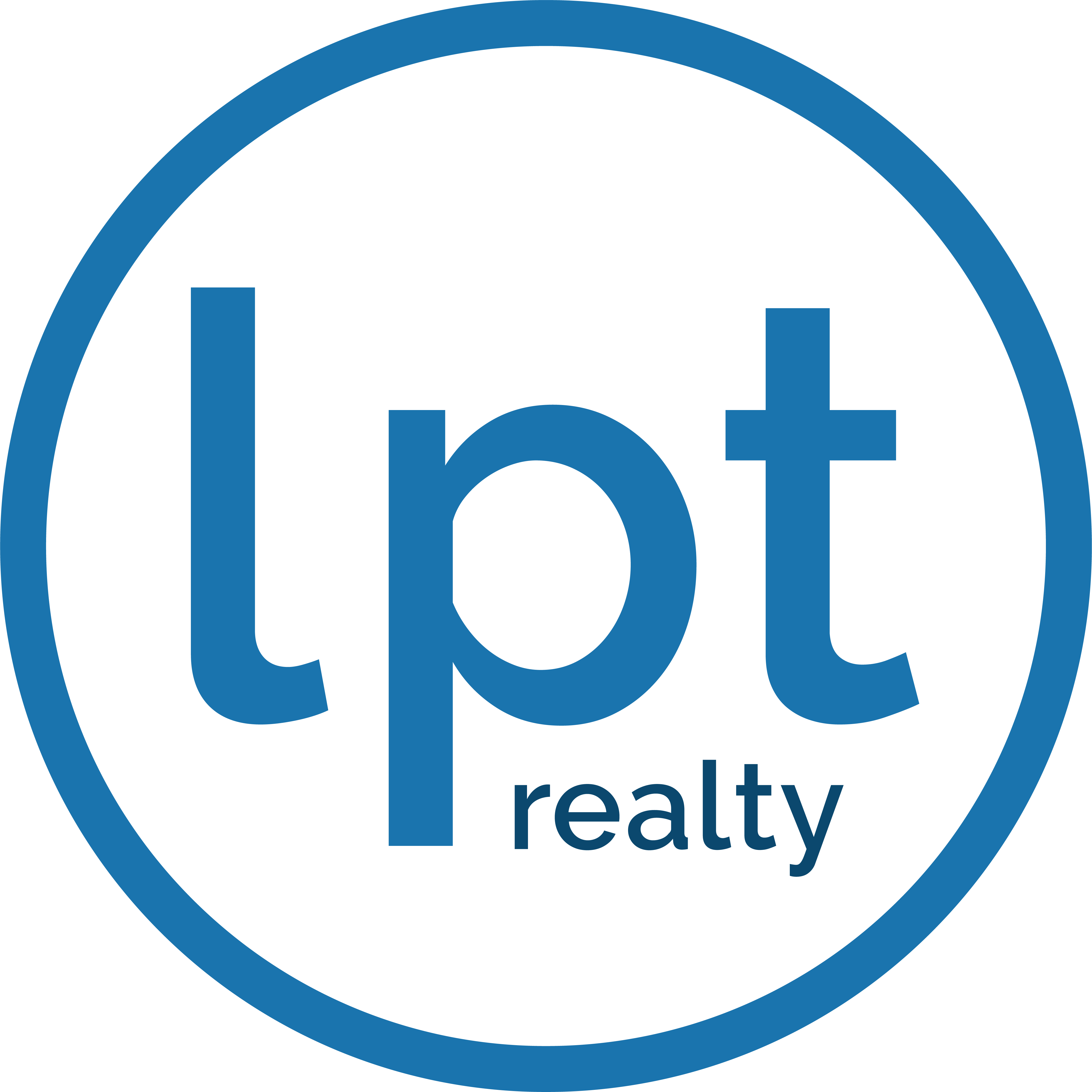Tips for applying for a Mortgage

Purchasing a home is a significant investment in your future, and it can be an exciting experience. However, it can also be a bit overwhelming, especially when it comes to applying for a mortgage. To help you through the process, we've put together some tips on applying for a mortgage.
Buyers
When applying for a mortgage, it's important to understand your financial situation and what you can afford. Before you start house hunting, take the time to review your budget and determine what you can comfortably afford each month in mortgage payments. It's also a good idea to get pre-approved for a mortgage so you know how much financing you'll be able to secure. This will help you narrow down your home search to homes that fit within your budget.
Mortgage
When applying for a mortgage, it's essential to understand the different types of mortgages available. Fixed-rate mortgages have a set interest rate throughout the term, while adjustable-rate mortgages have a variable interest rate that can change over time. It's important to review the pros and cons of each type of mortgage and decide which one is best for your financial situation.
Real Estate News
Keeping up with real estate news can be helpful when applying for a mortgage. This can include information on mortgage rates, home prices, and housing market trends. Understanding these factors can help you make informed decisions when buying a home and applying for a mortgage.
Credit Score
Your credit score plays a significant role in your ability to secure a mortgage. Lenders use your credit score to determine your creditworthiness and assess the risk associated with lending you money. If you have a low credit score, it may be challenging to secure a mortgage. Before applying for a mortgage, check your credit score, and if necessary, take steps to improve it.
Income and Employment
Your income and employment history are also important factors when applying for a mortgage. Lenders want to ensure that you have stable income and employment, as this reduces the risk of defaulting on the loan. Be prepared to provide proof of income and employment, such as pay stubs, tax returns, and employment verification letters.
Down Payment
The down payment is the amount of money you pay upfront when purchasing a home. The bigger the down payment, the less you'll need to borrow from a lender. It's important to have a down payment saved up before applying for a mortgage. Typically, lenders require a down payment of at least 20% of the home's purchase price. However, some lenders offer loans with lower down payment requirements.
Closing Costs
Closing costs are the fees associated with closing the mortgage loan, such as appraisal fees, title fees, and attorney fees. These costs can add up quickly, and it's important to budget for them when applying for a mortgage. Some lenders may offer to cover some or all of the closing costs, but this may come with a higher interest rate or other fees.
In conclusion, applying for a mortgage can be a daunting process, but taking the time to understand your financial situation, credit score, and the different types of mortgages available can help make the process smoother. Keeping up with real estate news, having a down payment saved up, and budgeting for closing costs are also important factors to consider. With these tips in mind, you'll be well on your way to securing the mortgage you need to purchase your dream home.
Categories
Recent Posts











"Molly's job is to find and attract mastery-based agents to the office, protect the culture, and make sure everyone is happy! "